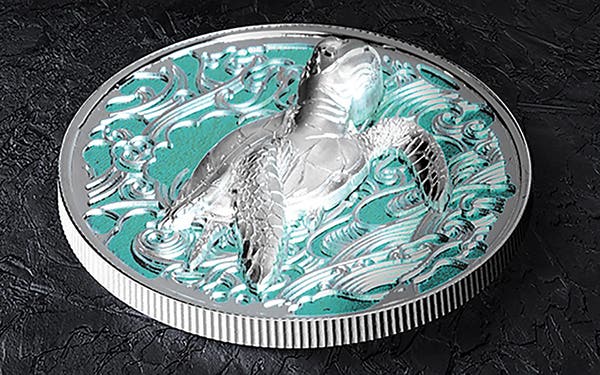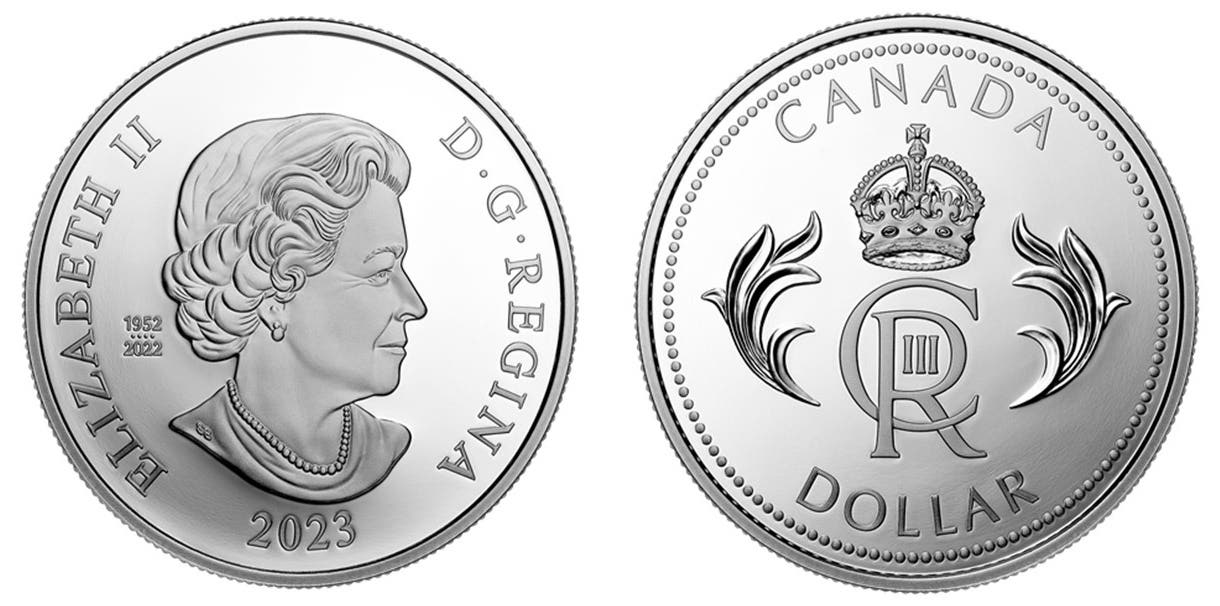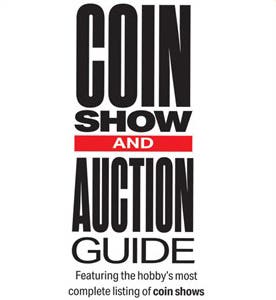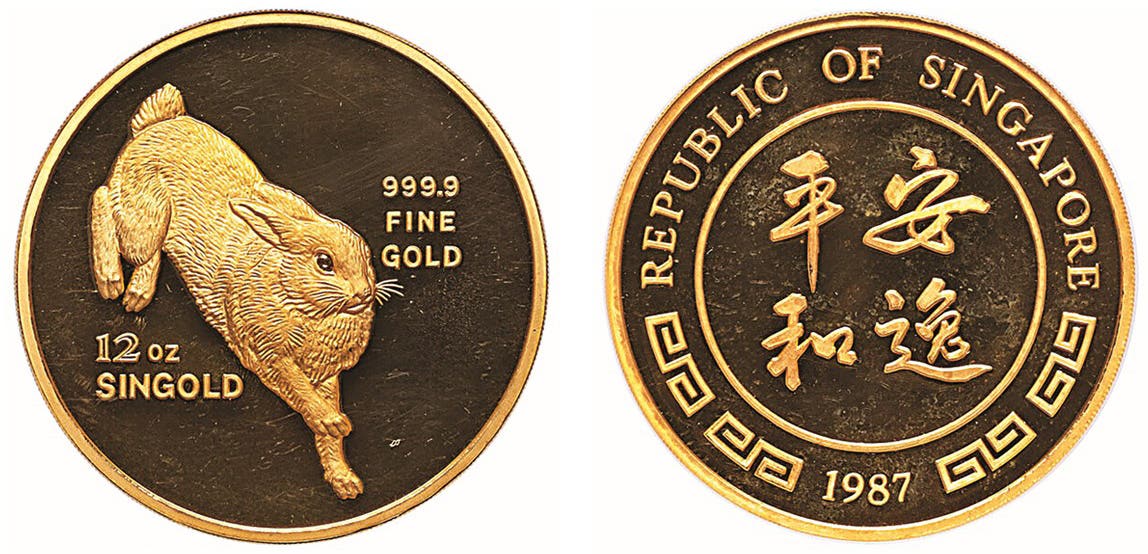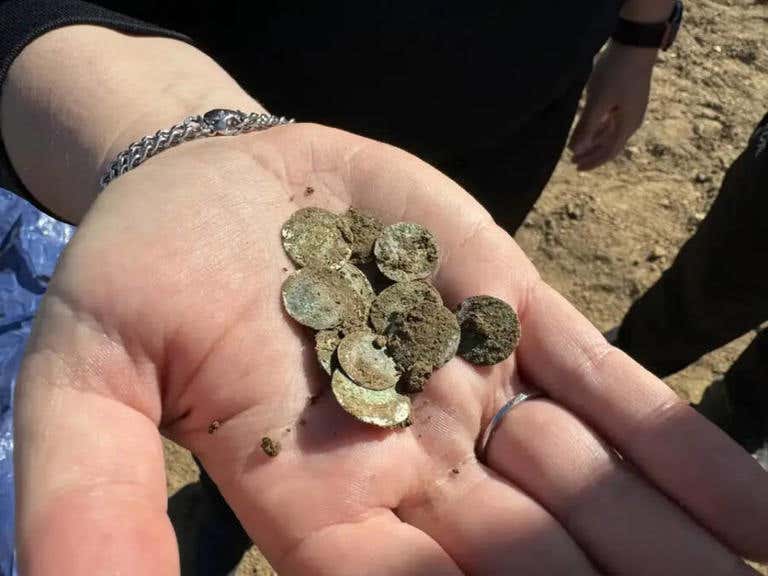Rep. Van Duyne Defends Collecting Ancient Coins
Collecting ancient coins has become increasingly stressful thanks to an ever-expanding system of one-way agreements between the U.S. State Department and various foreign countries.
Collecting ancient coins has become increasingly stressful thanks to an ever-expanding system of one-way agreements between the U.S. State Department and foreign countries with which a Memorandum of Understanding has been signed.
Representative Beth Van Duyne (R-TX) is a member of the House Ways and Means Committee. On April 2, Van Duyne introduced HR 7865, a technical correction to the CPIA to facilitate the lawful trade in ancient, medieval, and early modern coins with our partners in Europe.
HR 7865, which at the time this article was being written had been referred to that Committee for further possible action, directs the level of proof necessary to import restricted coins from legitimate markets abroad far more reasonable than that is otherwise being contemplated for more culturally significant and valuable items. This technical correction to the CPIA would allow for the import of coin types on “designated lists” with evidence the numismatic material was acquired lawfully, is of a known type, and is not the direct product of illicit excavations within a State Party after the effective date of any import restrictions on coins.
What started as a safeguard against antiquities that were illicitly excavated from archeological sites being sold to museums and collectors has been morphing into a black hole into which any antiquity, including coins, that doesn’t have the proper documentation of provenance can be seized and returned to a country insisting this is the place of that object’s origin.
The Cultural Property Implementation Act was enacted by Congress in 1983. It was meant to comply with the 1970 UNESCO Convention on the Means of Prohibiting and Preventing the Illicit Import, Export, and Transfer of Ownership of Cultural Property. This part of Public Law 97-446 [H.R. 4566], 96 Stat. 2329, was approved Jan. 12, 1983; it was also amended by Public Law 100-204 [H.R. 1777], 101 Stat. 1331, approved Dec. 22, 1987.
The State Department receives foreign government requests for import restrictions. The requests are reviewed by the Cultural Property Advisory Committee. The State Department then decides if the United States will agree to restrict specific imports from the requesting country, ideally to develop “sustainable safeguards for cultural heritage.”
Beginning in the 1990s, an increasing number of countries began to place restrictions on an ever-increasing range of artifacts, including coins. Objects can be seized if they were exported from that UNESCO State Party after the date of restriction set for that country. U.S. Customs drafted restrictions based on the place of manufacture in ancient times without regard to the date of manufacture, seizing artifacts imported before the date designated in the restriction. The focus has changed from targeted restrictions to allowing an embargo on all objects made by a particular culture in ancient times. The borders of the modern states demanding import restrictions are often different from the borders of the ancient culture whose objects are coveted.
In 1979, State Department Deputy Legal Adviser Mark Feldman told a congressional subcommittee, “It would be hard…to imagine a case” where coins would be restricted under what would become the Cultural Property Implementation Act.
The majority of ancient coin purchases lack documentation of where and when they were imported. Most ancient coins don’t have provenance. For that reason, ancient coin auctions are increasingly identifying the provenance of each coin where possible. In 2004, the Ancient Coin Collectors Guild was established as an advocacy group for both dealers and collectors of ancient coins. The burden of proof to protect ownership is increasingly on the current owner, not on the country demanding the return of the antiquities or coins.
In 2007 the State Department rejected the recommendations of its Cultural Property Advisory Committee against import restrictions being placed on Cypriot coins. Restrictions now exist on ancient and early modern coins from Afghanistan, Albania, Algeria, Bulgaria, Cambodia, China, Greece, Iraq, Italy, Jordan, Libya, Morocco, Pakistan, Syria, Turkey and Yemen. Restrictions are being considered for coins from North Macedonia, Tunisia, and Uzbekistan. China defines any coin circulating prior to 1911 as being ancient.
You may also like:



